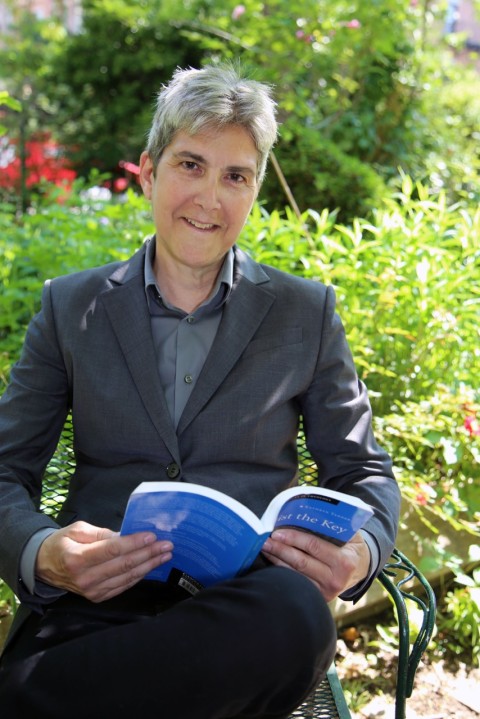Can Christianity be a counterforce to finance capitalism?
“Religious vocation sits very uneasily with individual self-advancement.”

Kathryn Tanner’s latest book, Christianity and the New Spirit of Capitalism, just published by Yale University Press and based on her 2016 Gifford Lectures at the University of Edinburgh, analyzes the ethos of modern finance capitalism and considers its theological implications. Tanner teaches at Yale Divinity School. Her other books include The Politics of God, Economy of Grace, and Christ the Key.
In Christianity and the New Spirit of Capitalism you argue that we live in an era of finance-dominated capitalism in which wealth is determined primarily not through the production of goods and services but by various schemes to maximize profit and minimize risk in the financial markets. This kind of capitalism, you suggest, has created a new personality type. How would you describe the person who has fully imbibed “the new spirit of capitalism”?
Finance-dominated capitalism encourages people to think of themselves in the same way that profit-maximizing businesses think of them: their persons represent capital that must be put to maximally productive use. Simply put: each person must take individual responsibility for making the most out of his or her own life, in a life project that spans the whole of life, both at work and outside it. If one fails in such a project, one has no one but oneself to blame.




